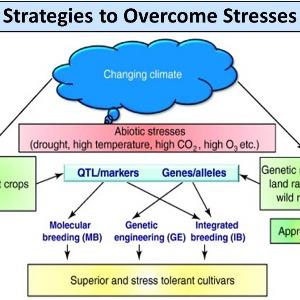Please find below the
Semi-Finalist Evaluation
Judges'' comments
This is a genetic engineering project to produce a drought-tolerant variety of cotton. It is written very much from the perspective of a laboratory-based scientist. There's no discussion though of whether there is a need for drought-tolerant cotton, by answering questions such as how often does drought occur in the region, what is its impact, what do the climate projections say about rainfall trends in the future? And only limited discussion of the wider social impacts of introducing a drought-tolerant variety of cotton - what would be the implications for farmers, and on cotton prices locally, regionally and globally. It argues that there would be less need for pesticides, but it's not clear why this would be the case (there doesn't seem to be any comment on the effects on fertiliser use). This is therefore a rather narrow proposal - it may even be out of scope.
This technology has obvious commercial benefits and producing drought resistant seeds is a proven technology. More should be done to form a partnership with cotton producing companies, since drought resistant cotton is in their commercial interest to develop. We shouldn't be using public funds to crowd out private investment.
Furthermore, the approach is somewhat less novel - globally - than the authors suggest. Also, others are working on the challenge (specifically with cotton). Not clear how this proposal would build on/with work of others. That fact does not reduce its appeal. The proposal might be further strengthened by providing more context about irrigation of water intensive crops (like cotton) on the Indus Basin Aquifer - one of the world's most significant aquifers that supports a population of @ 300m. We especially like the breakdown of economic value for smallholder (and other) growers. It would be interesting for the author to explore "farmer field schools" as a model for facilitating trials and, potentially, accelerated uptake if results are positive.
No comments have been posted.
